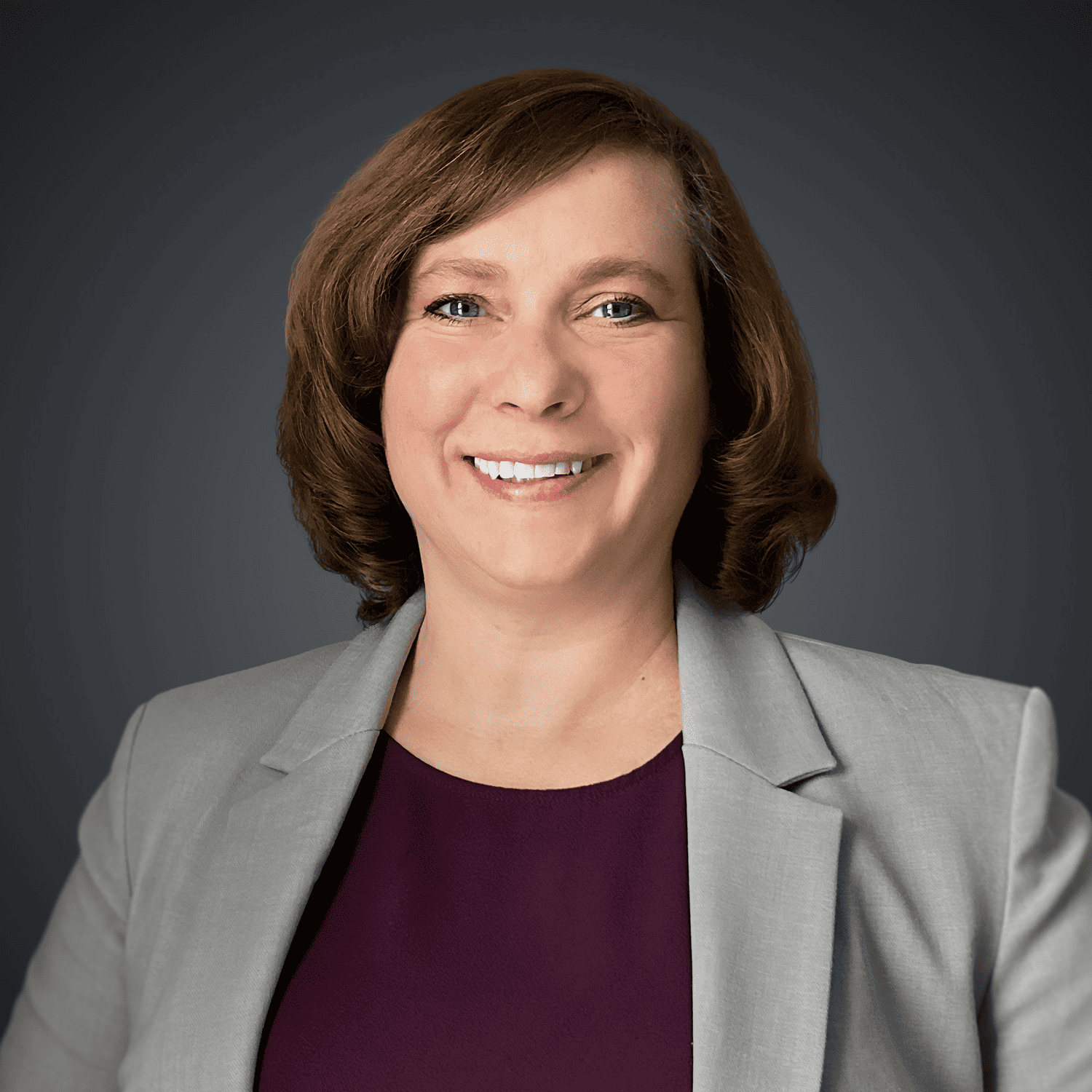 | | | | About the Author Nancy Joerger is a Product Development Specialist. Prior to joining Great Kids®, she worked as the Assistant Program Manager of the Early Head Start Program in Madison County. She lives in Hamilton, NY, with her husband and two daughters. She enjoys spending time with her family, boating, and being creative in her free time. |
The words “professional development” can evoke many different feelings. Some people may feel excited and eager to learn something new, while others may see the words “professional development” in the title and skip right over this blog. Thanks for staying with me! Just as a little acorn seed grows into a mighty oak tree, GGK® users can also grow their professional skills in supporting parents and children.
What is Professional Development?
Professional development opportunities can differ between programs and organizations. They may depend on a home visitor’s interests and needs or be a requirement for their job. These opportunities can take place in both formal and informal settings.3 Some examples include attending conferences, workshops, training sessions, online courses, webinars, book clubs, mentorship programs, and joining professional groups or learning communities. Either way, they increase knowledge of professional practices and build skills to support families.
The Benefits of Investing in Professional Development
Learning is a lifelong journey. Ongoing professional development benefits home visitors, supervisors, the program, and the families served. Below are some of the many benefits there are to investing time, energy, and resources into professional development.
- It elevates the quality of care. When we know better, we can do better. Continually gaining knowledge and skills leads to providing high-quality services to parents and children.3,4
- It enhances fidelity. Fidelity is how closely a person delivers a service as intended. For example, developing skills in using a program’s chosen curriculum.3,4 When services are delivered with fidelity, it leads to better outcomes for families.1,4
- It can support specific circumstances. Professional development can be tailored to address particular needs or circumstances a family or home visitor in your program may be experiencing.4 Increasing knowledge and enhancing skills to support challenges such as domestic violence, substance use, teen parenting, or immigration status is important when working with families.4
- It’s motivating and engaging. Individualizing professional development experiences to meet the needs of the staff, program, or the communities you partner with buffers against burnout and supports staff to feel valued.1,2
Through continuous professional development, home visitors will grow their skills and confidence in providing services to families, leading to greater engagement of families, better outcomes for parents and children, and higher job satisfaction for you.1,2,4
Professional Development Opportunities for GGK Users
Great Kids® supports GGK® users with ongoing professional development through the Elevate: Advanced Practice Series online learning courses. These courses develop home visitor’s professional skills as they build on the knowledge gained from their Tier I training. There are now 5 Elevate courses available, and 3 of them are new!
- A Deep Dive Into the GGK® GPS Tool: Learners will explore the use of the GGK® GPS Tool for intentional parent-involved planning.
- Exploring the Great Kids® Assessment Tools: Learners will discover the GK® Assessment Tools and how they support reflection and collaboration in their professional development journey.
- New! Using GGK® to Support Family Culture: Learners will explore how to use the GGK® curriculum to support family’s culture in visits by providing culturally responsive services.
- New! Supporting Optimal Development: Learners will enhance their knowledge of how the GGK® curriculum supports optimal development for all families.
- New! Mini, Measurable, and Meaningful Goals: Learners will understand the elements of goal creation and stages of change to support families in achieving their goals.
Get Started Investing in YOU
You can visit the Great Kids® Store for more information about the Elevate courses and to explore all the products in the Great Kids® catalog.
As you progress with professional development opportunities and intentionally grow knowledge and skills, take a moment to remember all of the benefits. You’ll be paving the way for the success of your program and, most of all, the families supported!
References
- Early Childhood National Center on Early Childhood Development, Teaching, and Learning. (n. d). Implementation guide: Using the ELOF to inform professional development. U.S. Department of Health and Human Services, Administration for Children and Families, Office of Head Start. https://headstart.gov/sites/default/files/pdf/no-search/elof-05-inform-professional-development.pdf
- Early Childhood National Center on Learning & Knowledge. (n. d). Key PD strategies and Head Start program performance standards (HSPPS). U.S. Department of Health and Human Services, Administration for Children and Families, Office of Head Start. https://headstart.gov/sites/default/files/video/attachments/home-visiting-enhaning-pro-dev-home-visitors-hspps.pdf
- Parsons, L. (2022, August 23). Why is professional development important: Learn the role of professional development in advancing your career. Professional & Executive Development Harvard Division of Continuing Education. https://professional.dce.harvard.edu/blog/why-is-professional-development-important/
- Peters, R., Benatar, S., and Sandstrom, H. (2021). Professional Development Supports for Home Visitors and Supervisors: Strengthening the Home Visiting Workforce. OPRE Report #2021-01, Washington, DC: Office of Planning, Research, and Evaluation, Administration for Children and Families, U.S. Department of Health and Human Services. https://acf.gov/sites/default/files/documents/opre/Professional%20Development%20Short%20Report_Sept2021REVISION.pdf


